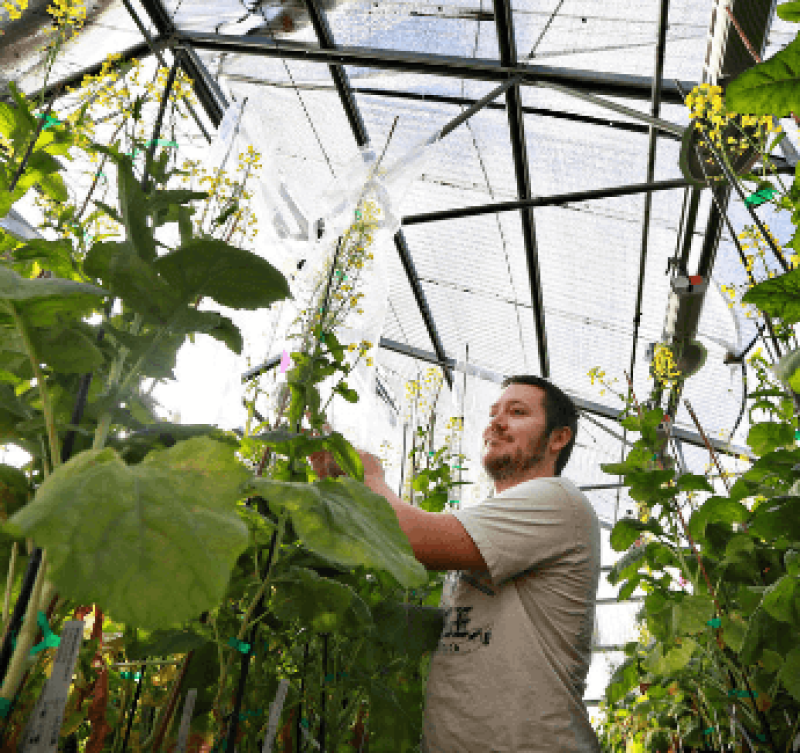The perfect seed doesn’t exist—but can it? Breeders have tried without success for decades to perfectly combine yield, disease tolerance and weather hardiness to hit the Holy Grail. Now scientists say gene editing could be the key to success.
“This new technology allows us to discover, develop, deploy and commercialize traits with more precision and predictability,” says Steve Webb, Dow AgroSciences external technology and intellectual property portfolio development leader. “We see gene editing as rounding out the toolbox.”
Dow’s new gene-editing tool called EXZACT, co-developed by Sangimo Technologies, uses protein-based gene recognition. It promises faster, more accurate gene changes with less “collateral damage” than found in traditional breeding. Monsanto recently entered an agreement with Dow for access to the technology. “EXZACT is specific and recognizes larger gene sequences,” Webb adds.
Another tool, CRISPR-Cas9, uses nucleotide technology to provide highly specific gene alterations.
“CRISPR-Cas9 uses guide RNA to go inside cells and target a specific area in the genome,” says Paul Dabrowski, Synthego CEO. Synthego provides various gene-editing solutions, with CRISPR-Cas9 among the most popular. CRISPR-Cas9 allows breeders to change the genome down to a single gene they can delete, move, alter or replace.
…
“Before CRISPR, you might expect 1% to 5% of cells you’re modifying to be done correctly,” Dabrowski says. “With CRISPR and our products, we’ve brought it up to 80% to 90%.”
The GLP aggregated and excerpted this blog/article to reflect the diversity of news, opinion, and analysis. Read full, original post: Ctrl, Alt, Delete to Better Yields































